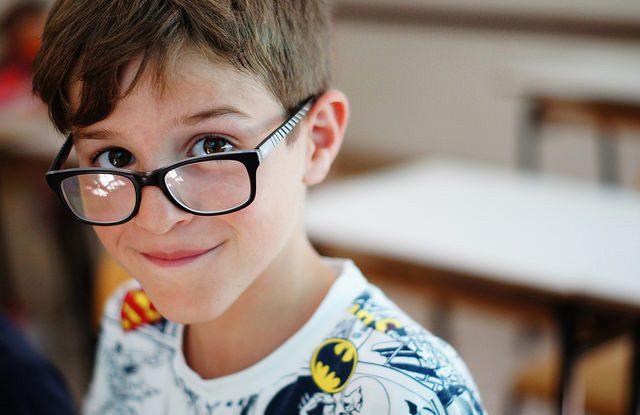A skilled tutor can really make a difference in a young person’s life. Indeed that urge to help is the prime motivator in why most educators do what they do. There really is no feeling quite like watching a struggling student achieve a level of educational excellence they never knew possible.
In truth, however, there is far more to tutoring than helping people get higher grades. It’s about empowering people, especially young people, not only in terms of their studies but their lives. Students with exceptionalities such as ADHD, dyslexia, PTSD and so on can face particular challenges in achieving excellence. Here’s how a skilled and caring tutor can help:
1. A good tutor can provide a safe, no-pressure relationship
For young people with exceptionalities, school can be very difficult — as can life itself. The pressure can be immense and hard to cope with, while parents can seem to be overwhelmed with their own concerns, especially the desperate hopes for a good life for their child. An experienced tutor, however, has seen it all before. He/she will know what life is like, and what challenges the young person faces; not just life at school but at home and in social circles too.
A tutor can be a safe sounding board, a comforting voice in a young person’s life. The tutor wants what’s best for each child they work with, but a professional approach will mean they can be a reliable presence. The mere existence of someone safe to talk to can bring tremendous comfort to young people just when they need it most.
2. The assistance of a tutor can boost a young person’s self-esteem
A skilled tutor understands that boosting achievement in school is about far more than studying and doing assignments. Organizational tools, X-Skills, and much more are all proven to play a key role in improving academic performance. Taken together, a tutor’s efforts can give a struggling young person a feeling of “I can do it!”
It’s all too common for students with exceptionalities to give up on themselves, to lower expectations for not only their schooling but their lives. In truth, students with exceptionalities can frequently achieve magnificent success in school, competing (or surpassing) students without exceptionalities. Once this knowledge settles into a young person’s heart, the transformation can be spectacular. The world comes alive with hopes and possibilities that once seemed impossible.
3. A tutor can boost a young person’s communication skills
Tutoring is quite different from standard classroom teaching. Whereas classrooms consist of many students competing for the attention of the teacher, tutoring is a one-to-one arrangement, where the tutor is completely devoted to a single student.
This learning structure requires a great deal of communication — the student can’t hope to be overlooked. This, however, provides tremendous benefits for the student, because the tutor will, by necessity, draw out opinions, thoughts and feelings from the student. This is especially true when the student has exceptionalities. The tutor has to make sure their work is “sinking in” and achieving the hoped-for results, and this can only be seen through conversation.
By drawing out the student’s feelings and thoughts, a one-to-one tutor will help a young person learn to express themselves in a safe environment. This will empower them to express themselves at home, at school and in life.
4. Tutoring can help humanize young people with exceptionalities
For a young person, a diagnosis is a double-edged sword. The upside is that it finally puts into words what has often been a source of struggle for many years. It also allows the creation of a game plan moving forward, a way of helping them overcome their difficulties and focus on achievement. There are, however, downsides: perhaps the most obvious is the social stigma that is often associated with a diagnosis of an exceptionality. This can affect the young person’s self-esteem and expectations for their own success. A key to this process is the feeling that a student with an exceptionality is that exceptionality and nothing more. They feel like something less than a full person. It can be hugely damaging.
A skilled tutor, though, routinely deals with students with exceptionalities, and is simply incapable of seeing young people that way. Yes, an exceptionality can present unique challenges to a young person’s path to academic success, but people “in the know” understand that every exceptionality affects each person in a totally unique way, and they must be helped in ways that are particular to them.
In short, a devoted tutor will treat students with exceptionalities as human beings — as so much more than a diagnosis. They will have tools ready for helping them overcome those exceptionalities, and provide a safe, non-judgemental space for learning. This process of humanization can be tremendously helpful in boosting self-esteem.
5. Tutors can educate beyond academic subjects
You might be surprised by the range of experiences and conditions an experienced tutor has seen. Whereas teachers in school can only guess at the home lives of their students, an in-home and online tutor sees it firsthand. Tutors really have seen it all — not just the academic struggles faced by students in every part of the country, but their psychological struggles too.
Tutors can therefore be a helpful source of help with academic and study skills, but can offer a safe voice in the lives of young people — a voice free of judgement and indifference. This can provide comfort and confidence and even, with full parental support, offer advice on finding help when needed.



